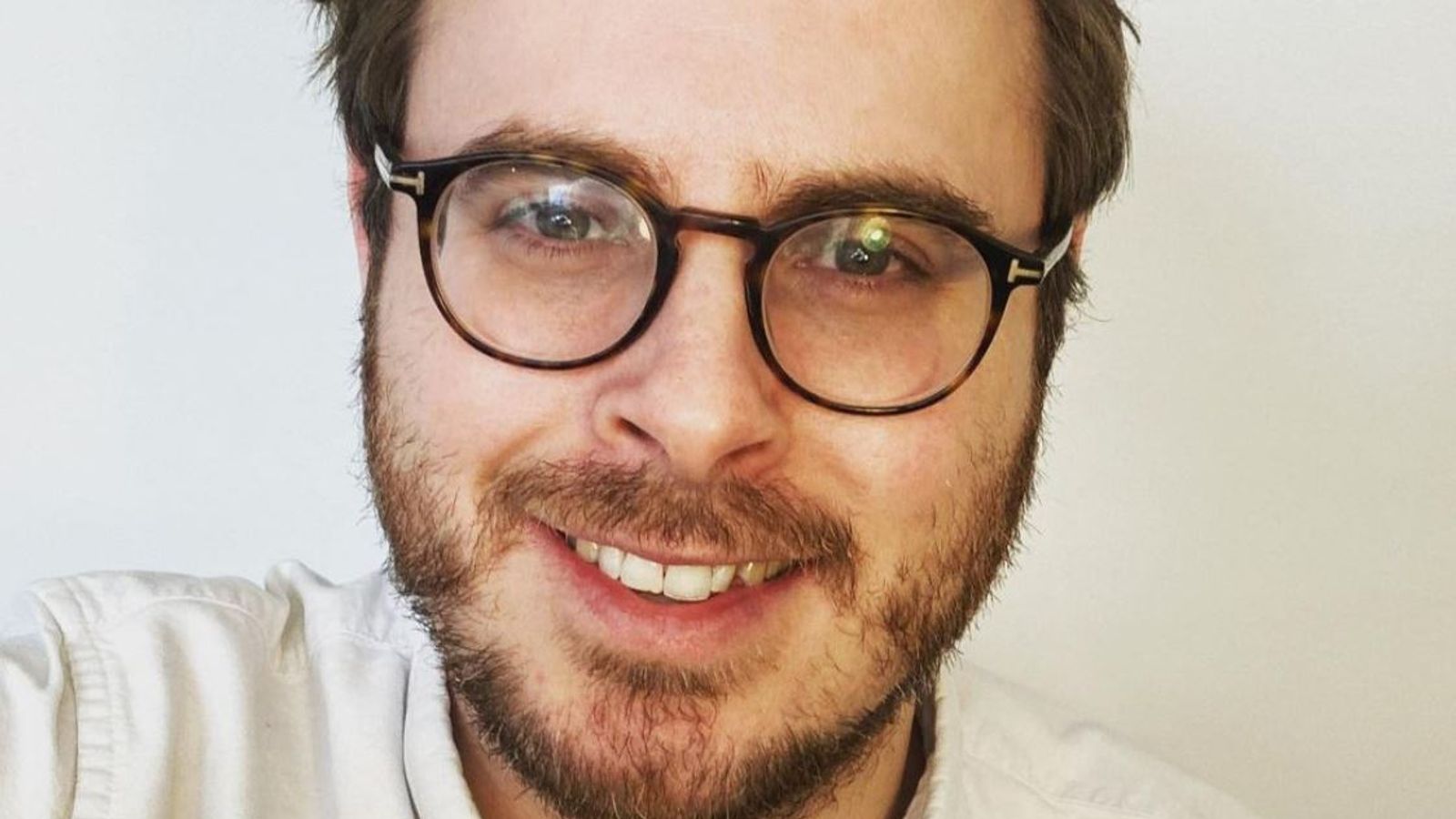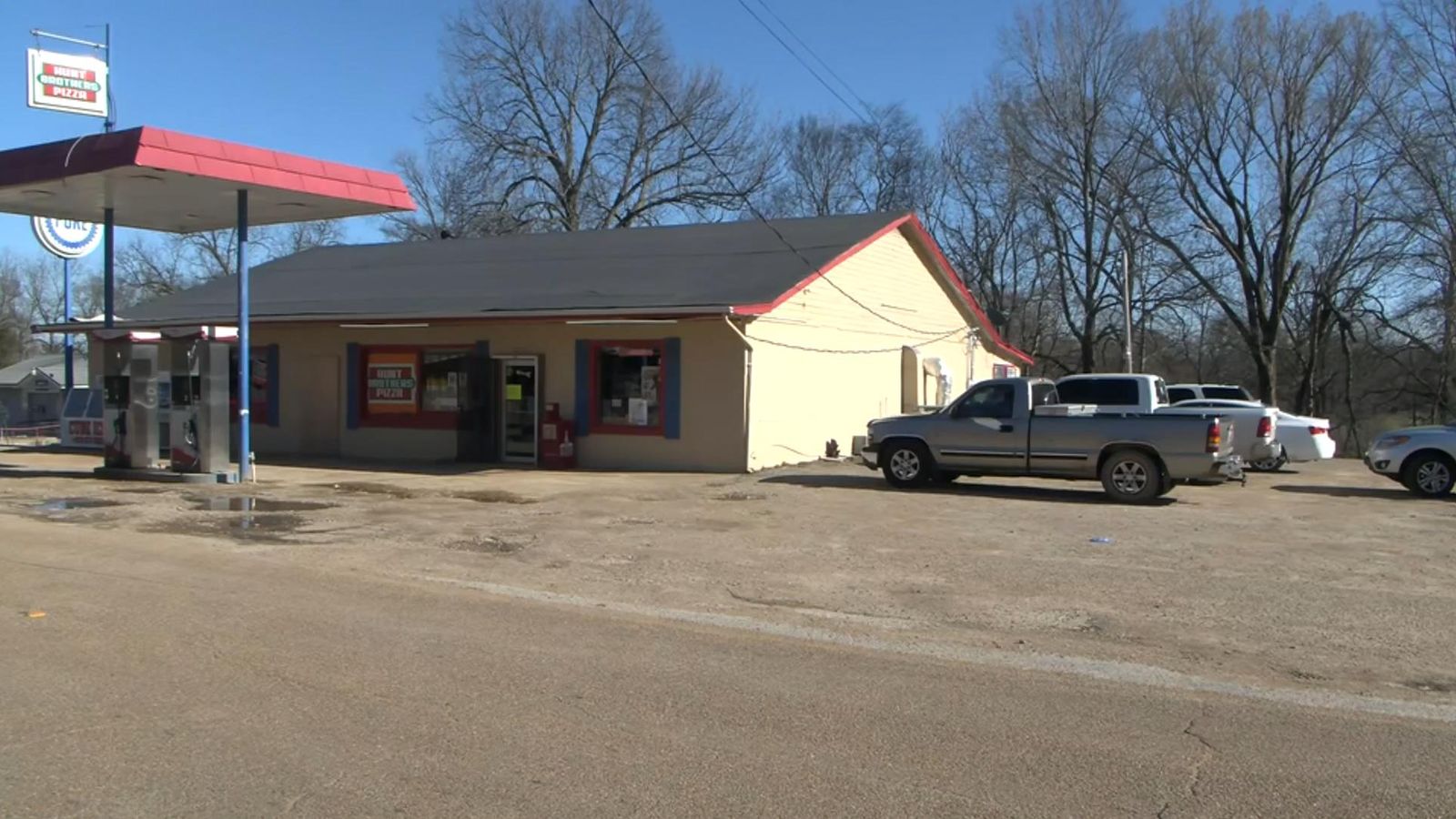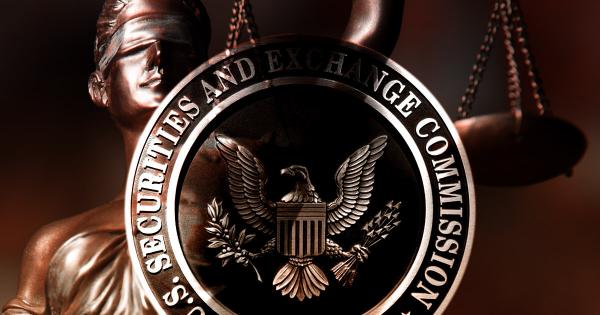Dramatic before-and-after pictures show fire and smoke pouring from the airport in Sudan’s capital amid fierce clashes in the country.
At least 97 people have been killed and 365 injured after clashes between armed forces and paramilitary group Rapid Support Forces (RSF).
Tensions had been escalating between army head and de facto president Abdel Fattah al Burhan and RSF chief Mohamed Hamdan Dagalo, better known as Hemedti.
A power pact between the two sides has crumbled and the resulting violence has once again seen Sudan’s civilians caught in the crossfire.
Scroll across the image below of Kobar Bridge in Khartoum to see how it looked in November compared to Sunday, when huge plumes of smoke could be seen pouring into the sky.
On Monday, US Secretary of State Antony Blinken said talks about putting Sudan on a path to a full transition to civilian-led government were “promising”.
Mr Blinken has consulted with the foreign ministers of Saudi Arabia and United Arab Emirates and shared their agreement that it is “essential for all parties to immediately end hostilities”.
Airstrikes and shelling have intensified in parts of Khartoum and the adjoining city of Omdurman.
Rapid, sustained firing was heard near the military headquarters, with white smoke rising from the area.
Residents hunkering down in their homes reported power outages and incidents of looting.
Read more:
Why has violence erupted in Sudan?
Tensions in Sudan could escalate into ‘all-out civil war’
The fighting has also spread to the war-wrecked western Darfur region, and areas of northern and eastern Sudan, near the borders with Egypt and Ethiopia.
Over the weekend, the World Food Programme suspended its operations in Sudan after three of its employees were killed in fighting in Darfur.
On Sunday, the warring sides agreed to a three-hour pause in fighting to allow civilians to stock up on necessities. However there were reports of casualties during the humanitarian pause.
Former Sudanese prime minister Abdalla Hamdok said: “Peace remains the only feasible choice for the people of Sudan to avoid plunging the country into a civil war.”
He added: “We all witnessed the consequences of a civil war in many regions in Africa and in the Arab world. We must avoid that, and we can still avoid such a catastrophic situation.
“Therefore, I call for an immediate ceasefire and to reach an agreement, which leads to a permanent cessation [of hostilities].”
Mr Hamdock said other countries should not intervene in any negotiations.








